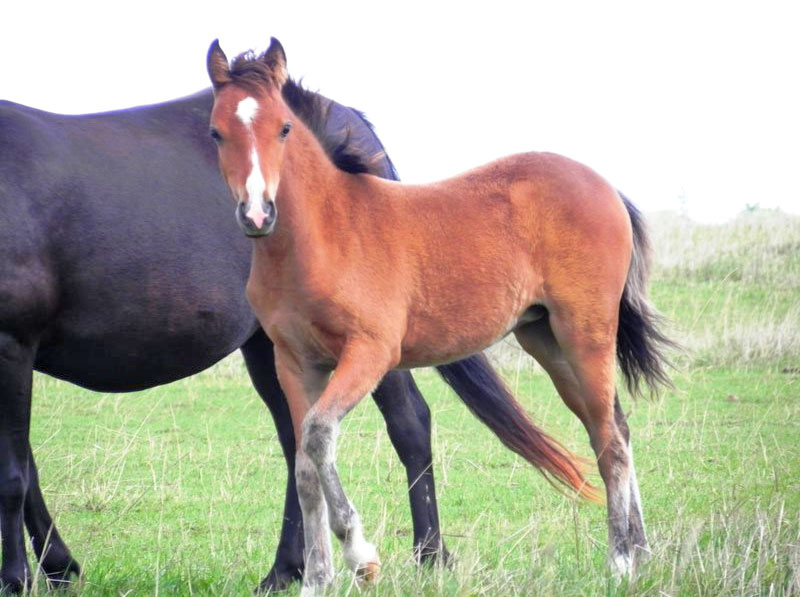GUELPH – The foal’s gut undergoes many changes as it develops rapidly. More and more, we are learning how the colonization of a gut correlates to good health.
Exploring the differences in foal microbiomes and how those differences may tie in with overall health has PhD candidate Jennifer MacNicol very excited about the potential advancements the research could yield in the field of equine neonatal care.
MacNicol, from the department of animal bioscience at the Ontario Agricultural College, will be working under the direction of Ontario Veterinary College researcher Dr. Luis Arroyo, on a project planned to begin this summer studying mare/foal pairs to gain knowledge of how the horse’s gut environment matures.
Research in genomics is rapidly expanding knowledge of digestive health, but is it is not well understood why diarrhea can become life-threatening in some foals while others recover without additional symptoms.
By studying both microbial and metabolic data the team aims to learn what biomarkers denote health, and which could signal a red flag as the gut becomes colonized.
The team hopes to compare deviations in health that occur during critical bouts of diarrhea and use the understanding of gut microbial developments in foals to move towards personalized treatments and therapeutics.
“What we want to look at is the development of the GI microbiome along with the metabolome,” said MacNicol.
“With the metabolome, we’re going to be looking at the by-products of microbial activity in the gut of foals and how that begins to mimic or develop so that it’s similar to that of the mare.
“Then what we want to see in our subset [foals that develop diarrhea] is whether that microbiome or the metabolome differ from the mare substantially compared to our healthy set.”
By Jackie Bellamy-Zions, Equine Guelph




